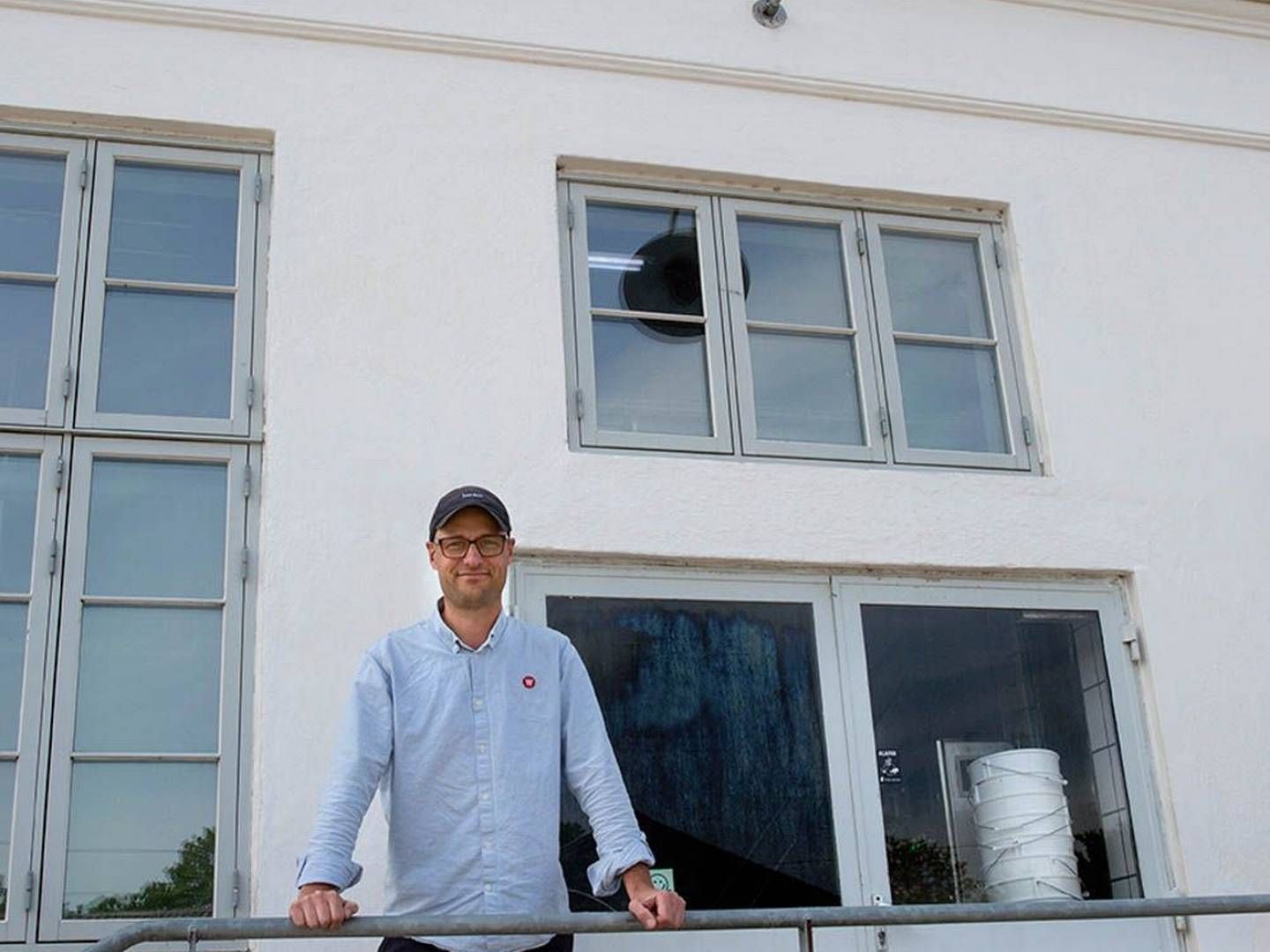Speciale: Open Source Community
The Open Source Community is an Internet culture with its focus on software
development. People co-operate on diverse projects in an international network, to
develop computer programs for free public use. Open Source Community is a
conglomerate of different small and big projects and organizations, who cover different
needs in software development. This paper is in three sections, corresponding to the
three spheres of examination: the individual, the group, and the social sphere. I will
now present my theses in accordance with this threefold division.
Section One: The Individual Sphere
Within the culture of the OSC there is a common activity – development of program
codes. This it has in common with many software developers. But what does it mean
to code? As I have read, explored and gathered material on this theme, and come in
contact with system developers, certain phrases and expressions have come up, that
tell us something about developers views of themselves. I think of expressions such as
“code poets”, artists etc. Then I wanted to examine closer, what do people imply by
that?
Thesis: Programming as an individual is a lonely process. By regarding the programmer
as an author, who is totally involved in the creation of a text, I would like to use
Inger Lytje, Peter Naur and Roman Jacobson to further my understanding of software
development as text. I would also like to refer to to Bateson's description of the
artistic process or play and compare that with the coding process. In this way I will
show some of the creative aspects and innovations which are characteristic of system
development.
Section Two: The Group Sphere
This paper has system development as its focus. The second section is an attempt to
present the general environment of OSC. It is also an attempt, by analysis, to show
that this form of system development demonstrates diverse forms of knowledge-sharing.
To share knowledge means that you show others what you have made, it entails
openness. In such a culture, there are many different aspects of knowledge-sharing.
One of them is related to copyright and economic issues. Another is related to questions
about complexity. The third is connected to the organisation and methodology
in development, and the fourth is concerned with questions relating to learning. The
thesis for part two follows:
Thesis: By analysing the development of the OSC, I would like to show that the full
extent and quality of knowledge-sharing depends on openness in economic and
intellectual capital, complexity, organisation & methodology, and learning. Vygotsky's
mediating perspective shows that the human ability to use tools, to learn, and therefore
to develop, is culturally conditioned. I want to show that these different kinds of
knowledge-sharing are creating an environment of learning processes, and therefore
learning itself.
Section Three: The Social Sphere
In this section I will describe the OSC from an anthropological point of view. I will use
Bateson's concept of 'schismogenesis' and 'ethos' as an explanatory model. In addition
to personally collected material, I will use Eric S. Raymonds anthropological essays as
a basis for my description.
Thesis: Thanks to the Internet programmers today can view themselves as
participants in a global society. They can share values in spite of differences in economy,
geography and language. By describing the observable behaviour as well as its
underlying values, I aim to describe, the various value systems within this culture.
These three theses have one thing in common: they are all concerned with different
types of communication within a net culture. If one writes a program or considers it
as text production, so one is dealing with communication. Different forms of knowledge-
sharing are likewise linked to communication. An anthropoligical approach to a culture
is also a description of different forms of communication. I have chosen a theory
and a set of ideas, that are appropriate to the phenomena that I have examined.
Therefore I have relied heavily on Gregory Bateson's Steps to an Ecology of Mind.
Bateson perceives the mental, or mind, as communication. His starting point is always
the natural system, comprised of living organisms in their environment, and he uses
the theory of communication and the language of cybernetics in his work. By focusing on
form, Bateson always returns to what communication is all about; the interactions of
living creatures with each other and with the world around them.
The first section - The Brain is Alone - is meant to be read as the theory section. Here I
try to draw in different theories to underpin my thesis concerning creativity. The second
section - Knowledge Sharing in System Development - analyses collected material in
light of the thesis of knowledge-sharing. The third section has an anthropological
angle, and is therefore a description of the Open Source culture. In my approach to
this work, I have taken some basic assumptions. These are as follows:
•What people say they do is one thing.
•What people think they do is another
•What people actually do is something else
The first assumption implies that in such a culture there exists a discourse. This I have
tried to get a knowledge of through interviews, by reading up on the subject, and not
least by following different discussions on the Internet. There is a difference between
what we say and what we think. By describing and analysing the behaviour and praxis,
one can uncover some of the underlying values of a culture; its 'ethos'. That is the aim
of the third section, and the title Value Systems in Open Source Community –
A Chivalrous Meritocracy and Pragmatic Solidarity in Cyberspace reflects some patterns
I have discovered in the Open Source culture. My intention with this paper is not to end
up with any definite “scientific” conclusions or answers about Open Source Community.
My humanistic background has given me an understanding of technology as a human
expression. My propositions should be interpreted as exactly what they are; an outsider's
attempt to examine some aspects of this culture, from the outsider's point of
view.
download hendes speciale her




































